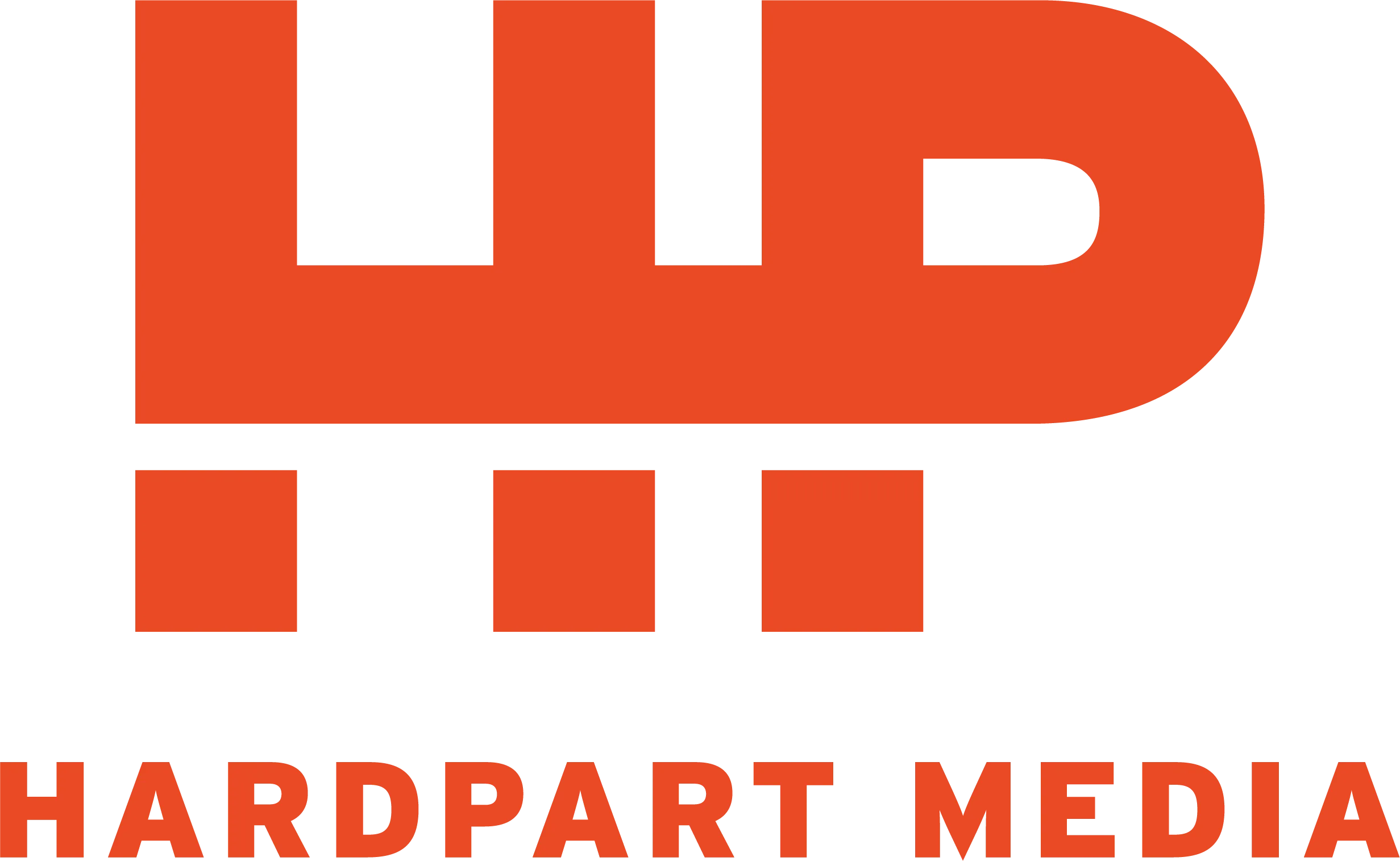In an extremely fast-paced digital landscape, pay-per-click (PPC) advertising has become essential for many companies’ online marketing strategies. Paid advertising enables accurate targeting alongside measurable results, which provides businesses with a cost-effective solution to drive traffic and boost overall brand visibility, and ultimately connect with their desired audiences at the right moment.
However, effectively managing your paid budget is critical to be able to amplify your return on investment (ROI) and avoid overspending which could be detrimental to your business. In this article, we’ll explore the best strategies for optimizing your PPC budget to achieve sustainable growth and success.
What is a PPC Budget and How Do I Manage It?
A PPC budget refers to the daily amount allocated for your advertising efforts that you are prepared to invest for each click on your ad. Companies with restricted pay-per-click budgets might face difficulties affecting their campaign effectiveness, including heightened competition, insufficient ad testing to determine what appeals most to their target market, and elevated cost per acquisition (CPA).
Managing your budget is essential to effectively maximize your return on investment (ROI) as well as prevent unnecessary spending. Let’s look at best practices and tips to manage PPC budgets!
Set Clear Goals and KPIs
Like any other marketing effort, paid advertising strategy requires clear goals identified prior to execution. This will help to determine if the budget aligns with the objective.
Identify Business Objectives
Align your paid campaigns with your company goals. If you are looking to increase brand awareness, then you need to run paid ad campaigns that get your brand out when people are searching for the products or services that you provide. If your goal is around lead generation, then you may run targeted paid ads to your audiences at specific times and in specific areas with compelling offers.
Once you have determined the type of ad campaigns (search, display, programmatic advertising, etc) you want to run based on your goals, those objectives will inform on the selection of indicators to measure success. Examples of these include cost-per-click (CPC), cost-per-acquisition (CPA), and click-through rate (CTR). Understanding what your goals are will help determine the right strategy, which is essential to have dialed in before you allocate spend to those efforts.
Focus on Metrics That Have Highest Impact
Your ad campaigns need to then tell a story and the right metrics of focus will ultimately determine if the ads are successful or need to be adjusted. PPC metrics that reflect actual business value will allow you to assess the financial impact and make data-informed budget adjustments.
Using the right tools will also help you to set up the campaigns properly so that you have real-time insights that speak to performance.
Consistent Optimization Equals Effective PPC Budget Management
Getting the most out of your PPC budget requires care and attention in the form of consistent optimization. Since the digital landscape is dynamic and user behavior shifts can happen frequently, ongoing optimization allows you to adjust bids and strategies in response to changes to ensure your campaign is relevant and effective.
Start with Targeted Keywords
Targeted keywords are leveraged to make sure that your ads are shown to users that are searching for the products and services that your business offers. Effective keyword research is a core element in managing PPC budget because the keywords you target influence the cost of your paid campaigns. Understanding what terms and queries that people use to search allows you to understand what is driving traffic and ROI. This then provides an ability to focus on keywords that yield the best results and reduce waste or budget on underperforming terms.
Keyword research can also identify long-tail keywords that have less competition but higher intent to convert. Targeting this type of keyword can produce higher quality traffic and bigger conversion rates.
In addition, search engines like King Google also reward ads for the quality of their content, and keywords that are relevant to user search will improve your Quality Score, leading to lower cost per click (CPC) and better ad positioning.
Embrace Negative Keywords
Continuous optimization is truly essential for improving campaign efficacy and ensuring your budget delivers top-notch results. Consistently optimizing benefits include:
- – Maximizing ROI
- – Adapting to market changes
- – Improving ad performance
- – Controlling costs
- – Identifying trends
- – Enhancing quality scores
- – Testing strategies
- – Competitive bidding
- – Budget reallocation
- – Achieving goals
As you review and optimize your paid campaigns you can essentially see what is working and what is not, allowing you to shift spend and make adjustments that are driving results and contributing to your overall campaign objectives.
Boost Your PPC ROI With Smart Bidding Strategies
If your campaigns include Google Ads, then smart bidding strategies will help control costs to effectively support your company’s paid marketing budget. Smart bidding reviews your historic data and uses that analysis to predict combinations of bids that will most likely lead to conversions. Smart bidding automates the process and removes the guesswork associated with setting bids around different ad placements. Small businesses may benefit from this the most as they can set manual bids in their early stages to have better control on their paid marketing costs and move toward automated bidding as they scale and grow.
Additionally, smart bidding considers various factors like demographics, location, time of day and device. Tracking performance across devices is especially important because it allows a business to pivot and adjust to how their users are finding them or searching for their products and services as conversions for certain keywords may vary by device. Strategies may differ for organizations that rely more on audiences using mobile devices versus desktop or tablets. Tweaking ad budgets based on this data will help to control costs and maximize return.
How To Monitor And Adjust Your PPC Budget
It is important that your marketing company consistently monitors and adjusts your PPC campaigns to ensure optimal performance, as market trends, customer behavior, and competition can change frequently. Regular adjustments help businesses maximize returns by improving ad relevance, targeting, and bidding strategies, preventing wasted spend on ineffective ads. Make sure you look at your budget, test accordingly and adjust when necessary.
Set a Flexible Budget
Avoid overspending and avoid underspending. Be time flexible to impact your overall bottom line. Budget flexibility may be required based on seasonality or time of month to drive the right type of results. And having a flexible budget allows for some room for error, so that if something unexpected may occur your marketing can flex to the occasion. Having consistent budget reviews will allow you to flex appropriately with a keen awareness on where your money is going and how it is impacting results.
Use A/B Testing for Budget Allocation
A/B Testing helps to determine how effective your ads are. You can test headlines, images, videos, ad copy, and call to action buttons. This will help to see how your users are interacting with your ads and then improve your ads based on this data.
A/B Tests will ultimately impact metrics like click volume, conversion volume, impression volume and more. Small businesses can use testing results to determine which ads are working better, and thus push more funding toward campaigns that yield better engagement and higher conversions.
Adjust Campaigns Based on Seasonality and Market Trends
Monitoring your campaign and adjusting based on seasonality and trends will also support budget management. For instance, you may not want to run ads on days that your business is not operating, such as holidays. Or there may be a local event occurring and you may want to run ads outside of the normal scope of your business hours; allowing you to hit a unique audience and compete with surrounding businesses. Staying up to date on trends and competition helps to adjust bid strategy and budget allocation for effective campaign management.
Also make sure to set up proper tracking to get the right data to tell you a complete story. Knowing where you spend your paid monthly budget allows you to make informed adjustments and decisions.
Contact Our Team for Help with Your Paid Marketing Strategy
Stay engaged with your marketing services. Remember that by continuously monitoring your PPC campaigns, and by having consistent meetings with your PPC agency, you can ensure that you are getting the most out of your budget and the best return on your marketing investment.
Call our team today to speak with a specialist from HardPart Media!
Related Articles
Traditional Vs. Digital Marketing Strategies: How To Know What Your Business Needs
How Reddit Plays Into Your Digital Marketing Strategy
Why Organic Social is So Important to Incorporate in Your Marketing Strategy

